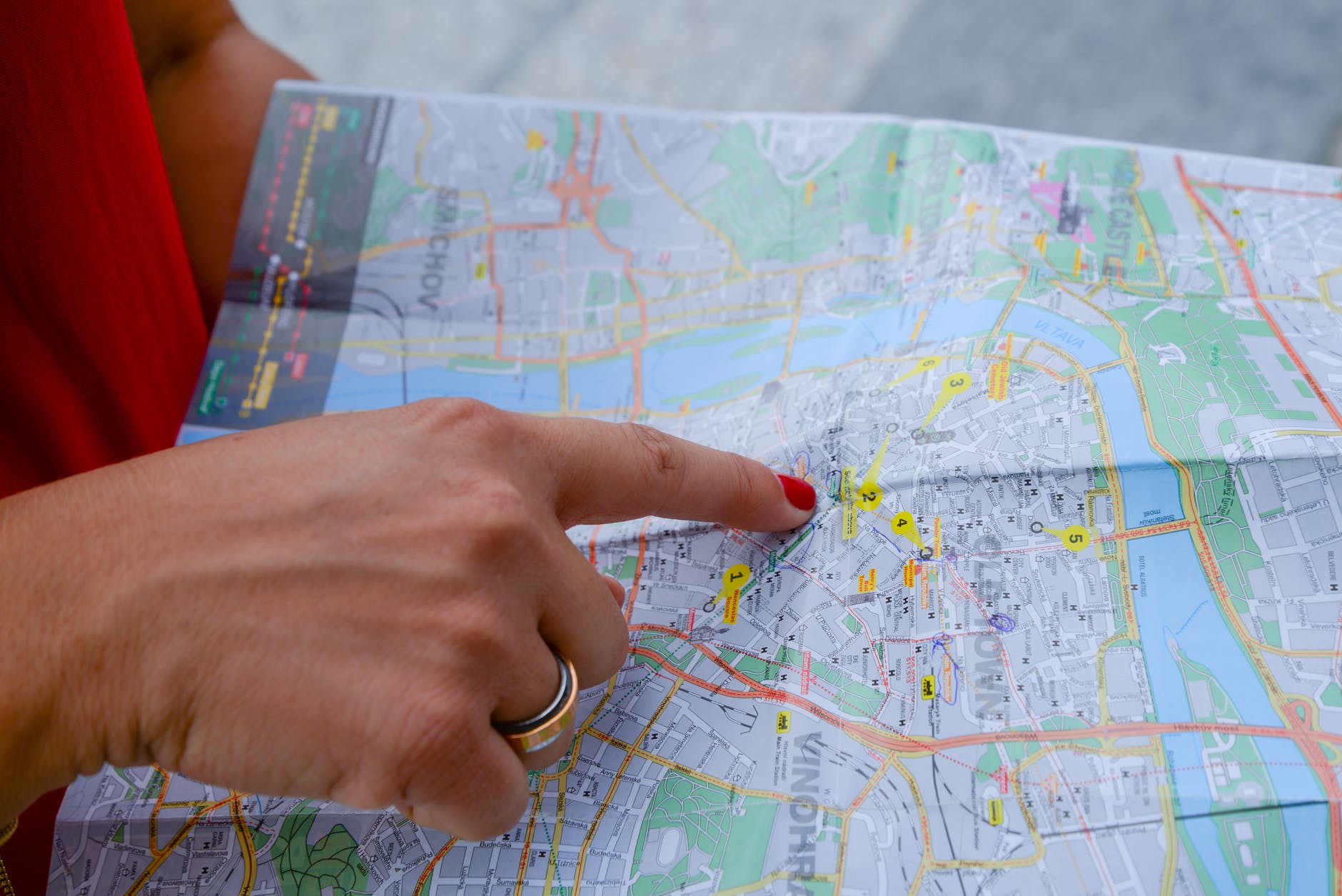A friend recently gave me a book by Tibetan Buddhist monk Yongey Mingyur Rinpoche called In Love with the World, almost every page of which is knocking me on my ass.
Mingyur tells the story of sneaking away from his monastery at the age of 36 to spend four years wandering India on foot, begging for food. On the second night, looking for a place to sleep in a crowded railroad station, he comes to an insight about the concept of home.
“I had wished to enter the Varanasi station with the ease that many people reserve for coming home after a hard day’s work,” he writes.
“Say you come home from a grueling day, or a long commute. You walk through the door, so grateful to find shelter from an uncontrollable world … But this station definitely did not feel like my clean, safe rooms in my monastery.”
For months, as he’d planned his first few days of wandering, he’d imagined the station would provide him a temporary feeling of comfort.
“We often get caught in the illusion that arriving at a pre-determined destination will end the mental agitation of feeling in-between. This happens when we do not know the continuity of awareness—or when we know but still lose connection.”
I can so relate. It seems like I’m almost constantly leaning into the future, thinking that once I get somewhere else—or make more money, or land the right job, or make more friends, or…—I’ll finally feel okay.
Once, when camping in one of the most beautiful places in the U.S., Arizona’s Oak Creek Canyon, I became so overwhelmed with anxiety that I packed up my stuff and drove an hour north to the closest town.
I’d been looking forward to a peaceful night under the stars for months as I planned the road trip. But I felt lonely, and also ashamed for feeling lonely at the ripe old age of 31.
Nothing would console me, not even the laughter of children playing with a puppy a few campsites over. I needed the familiarity of a bookstore to calm down—a Barnes & Noble, for God’s sake.
The reasons I leave the present moment are plenty.
Capitalism requires constant hustle. The American Dream is all about the “pursuit” of happiness, not happiness right here, right now. I grew up with middle class parents who valued working hard and saving money for retirement. There was a lot of holding back when I was young, waiting for “one day.”
But, in a sense, the reasons don’t matter. Exploring why we habitually lose connection is essential work, but it can become yet another way we leave the present moment.
That’s why I love mindfulness meditation, this practice for finding our way back to connection. For discovering a sense of home in any moment, anywhere. For staying in the “continuity of awareness.”
It’s not some intellectual pursuit or religious exercise. It gives us three tangible anchors in the present moment we can tie our rope to: breath, sound, and the body.
No matter what’s happening, we can come inward and observe the sensations of our body breathing. Or we can pause and listen. Or we can relax a particular part of our body and notice the sensations.
There really is a sense of home in every moment. Right here, right now, everything belongs, and nothing is missing. There’s nowhere else to be, nothing else to do.
The trick is finding our way back, over and over again, which is a lifelong practice.
Free meditation cheat sheet
I’ve come up with a cheat sheet to help you start and stick with a regular meditation practice. Get it for free here.
Listen to my podcast Meditation for the 99%
On Meditation for the 99%, I take meditation out of faraway monasteries,expensive retreat centers, and Corporate America, and bring it to work, relationships, and, especially, politics. Listen everywhere podcasts are available.
